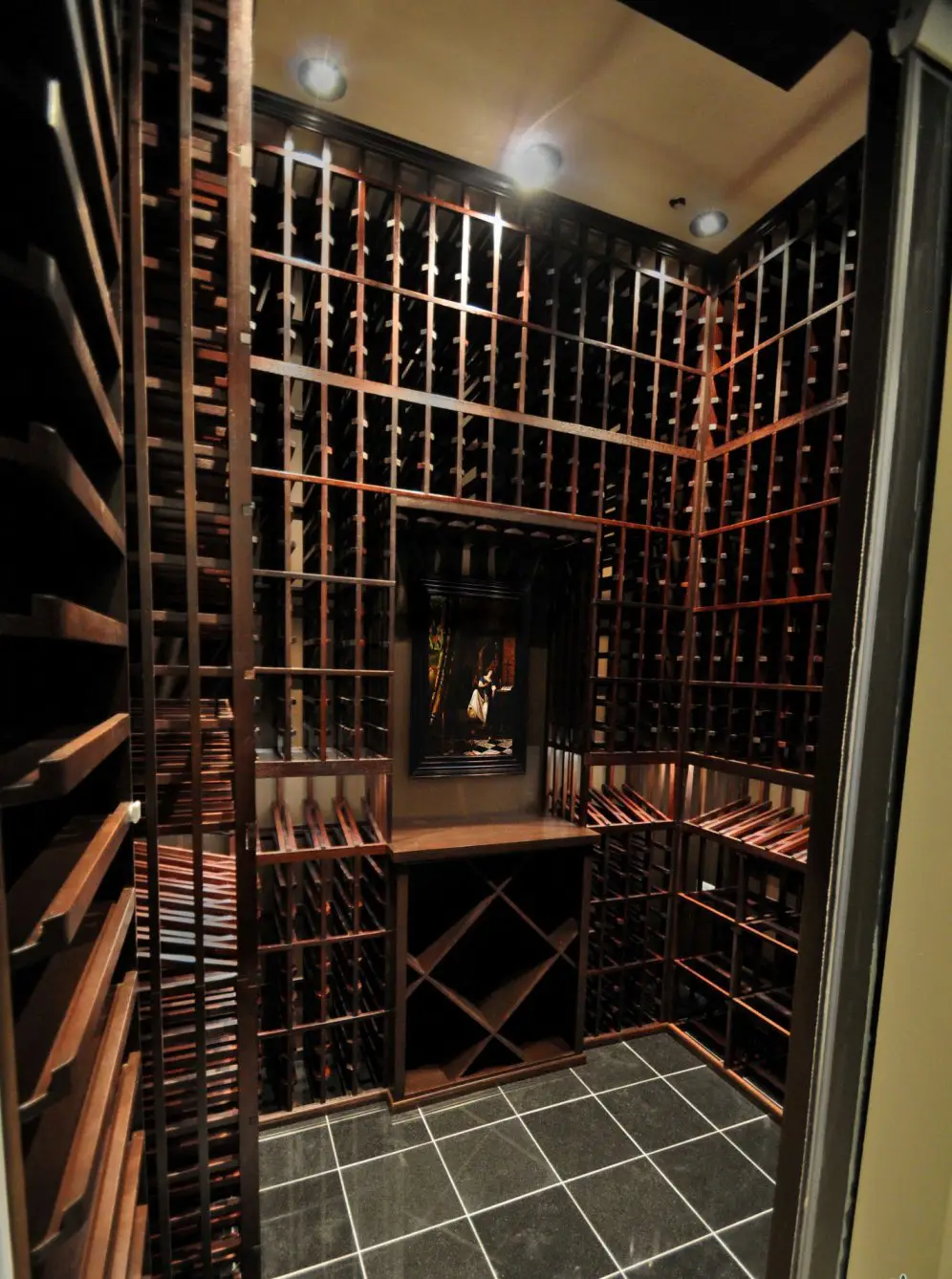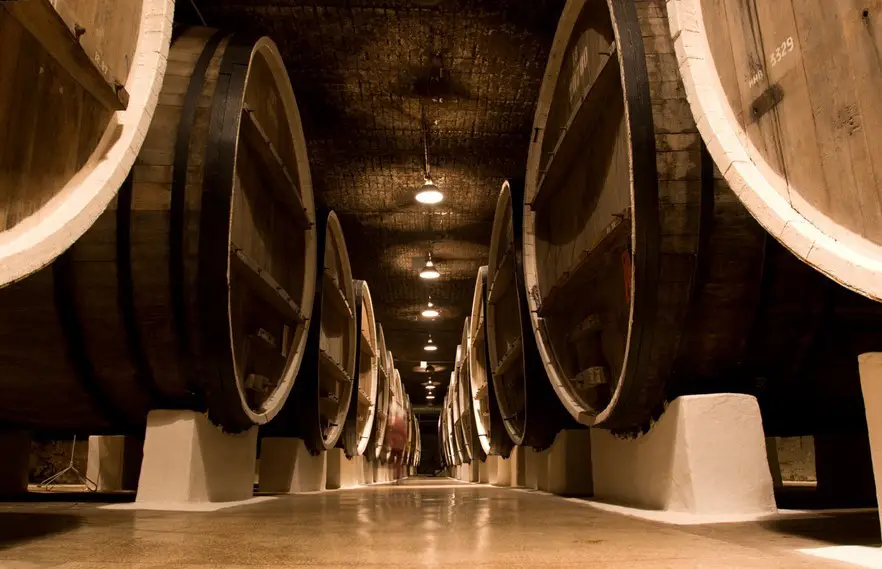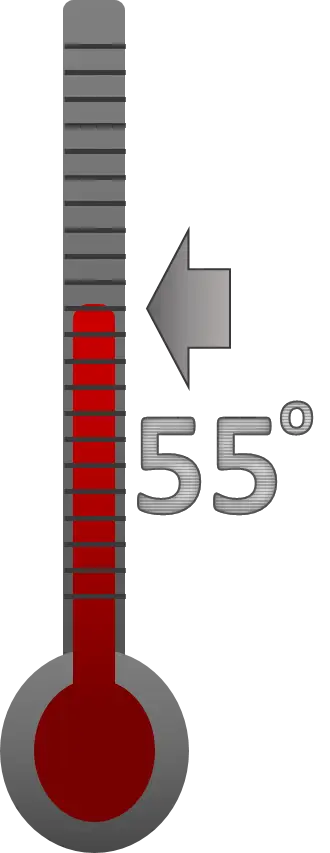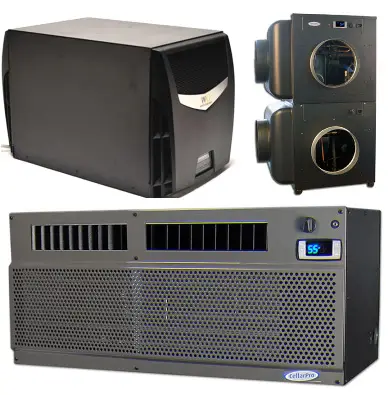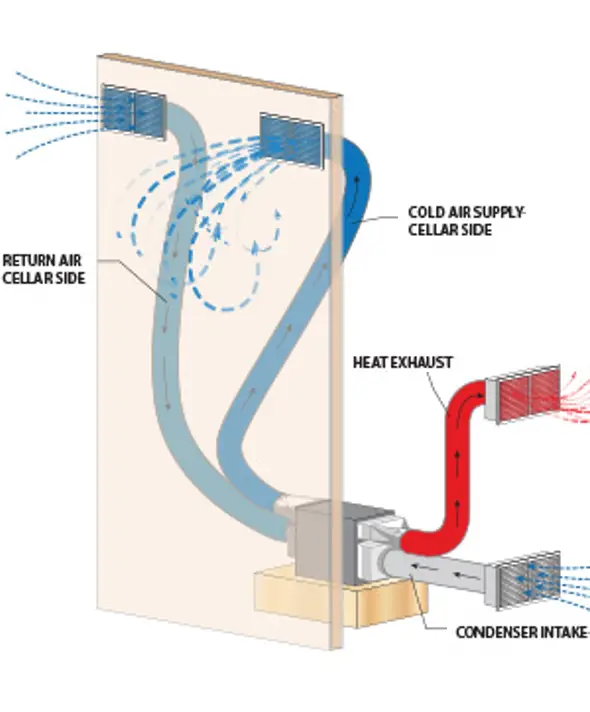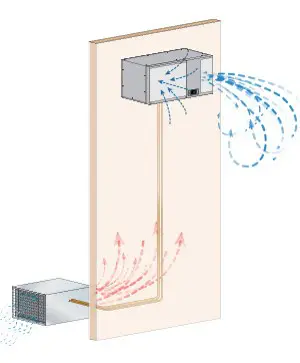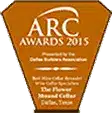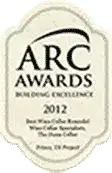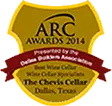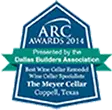Wine Cellar Cooling System for the First-Class Connoisseur
The most important technical decision you’ll make regarding your custom wine cellar is choosing which refrigeration unit to install. Climate control in a wine cellar is far more than cooling. It’s about maintaining stable humidity and temperature.
This may involve cooling the space and it may also involve heating. It requires installing units built especially for wine cellars that can create the perfect environment for your wine.
Do I need a Climate Control Refrigeration System for my Wine Cellar?
When making a decision to go with a climate control system or having a passive wine cellar, there are several things to consider.
- Am I a collector…? Do I buy wines that I will want to save for long periods of time before drinking or do I go through my wines quickly and rotate my bottles?
- If I find a wine that I like… do I buy in bulk to make sure it will be available to me in the future?
- Am I willing to prepare the walls, floor, and ceiling of my wine cellar area with the proper insulation and vapor barrier that is required to build a climate-controlled room? This must be done before any cooling unit can be installed.
 Basements Can Sometimes Work for a Passive Cellar
Basements Can Sometimes Work for a Passive Cellar
At least they can in some parts of the country. However, before you build your basement wine cellar, monitor the temperature and humidity of the area throughout the year–especially in the hottest months. By doing this you will be able to see what kind of fluctuation in temperature and humidity you find over time.
You may be surprised at just how great the fluctuation actually is. Then with this data, make your decision.
What are the Best Climate Conditions for a Wine Cellar in a Home or Business?
Whether you are running a commercial restaurant or wine store, or you have a private collection in your residence, the standards are the same for wine storage refrigeration.
The Ideal Temperature to Store all of Your Wines is Approximately 55 Degrees
This can surprise some people. We don’t usually drink wine at this temperature, especially red wine. This is the storage temperature you should be shooting for.
The Humidity in Your Wine Cellar Should Be Between 50 — 70%
If the humidity goes below 50% your corks could dry out and air could enter the bottles destroying your wine.
If the humidity goes above 70%, mold or mildew can occur and your labels may begin to peel off of your bottles. Constant temperature and humidity will keep your wines maturing properly for years. It is the fluctuation of both the temperature and humidity that can damage your wines.
How do I Choose the Correct Climate Control System?
The first step to determining what will work for you is to decide where your wine cellar will be located in your commercial or residential property.
At Wince Cellar Specialists, we will look at the location of your wine cellar to figure out what kind of a cooling unit will work for you and where it can be located. If you are building a new home or business, it is best to contact us during the initial stages of your planning.
If this is a remodel, we will look at where your wine cellar is located and determine what possibilities there are to install a cooling system.
Wine Cellar Specialists will also do a heat load calculation to determine the size of the cooling unit that should be used for your wine cellar. The location of the wine cellar is also a factor when doing the heat load.
If using a split system, there are many parameters to look at such as distance from the cellar to the compressor.
Need help? Contact Wine Cellar Specialists today.
Types of Refrigeration Cooling Units
There are several types of cooling units you can decide to purchase when cooling a wine room, closet, cabinet, or wine display. All of these refrigeration systems have their pros and cons.
Self-Contained or “Through the Wall” Units
These units are the most economical and easiest to install.
They are designed to mount between the studs of an existing wall, and they do not require a licensed HVAC/R installation technician. One end of the system blows cool air into the cellar, and the other end absorbs heat from the cellar and exhausts the heat into an area adjacent to the cellar.
The adjoining room where the exhaust is sent must be at least 2 times the size of the cellar. Unless… the exhaust is ducted into another area. Some systems provide this option. Self-contained units will make more noise than a split or ducted system.
Ducted Self-Contained Units
A ducted unit has more installation options than a self-contained unit.
The unit may be installed up to 25 ducted feet from the cellar, with the cool air flowing to the cellar and the heat exhaust ducted to the outside of the home.
Ducting is also a more aesthetic choice for wine collectors who do not want to see a cooling unit in the cellar. Noise from the unit will be reduced or eliminated, depending on the installation.
Split Systems
The Split System is often the most efficient way to cool a cellar.
Cooling unit condensers are typically noisy and require significant space for ventilation. In most cases, the cellar location does not include an area for these functions. By splitting the cooling system, the condenser can be placed in a space better suited for heat and noise dissipation while the quiet evaporator is inside, or near, the cellar. A licensed HVAC/R technician is required for the installation.
-
Ductless Split Systems
The evaporator is inside the cellar while the condenser is in another room or outdoors. They are connected via 2 copper lines.
-
Ducted Split System
The evaporator is in another location indoors and the condenser is either indoors or outdoors. They are connected with ductwork which allows the cool air to flow into the wine cellar through a vent, usually in the ceiling, and carries the warm air out via a return air duct.
Work With a Specialist
When building a wine cellar and choosing a refrigeration cooling unit, you should consult a wine cellar design specialist. He or she will determine what unit will work best for your property based on the location of the cellar in your home, restaurant, or store, and the heat load of the wine cellar space. You will be so happy you got specialized advice.

 Dallas
Dallas 


